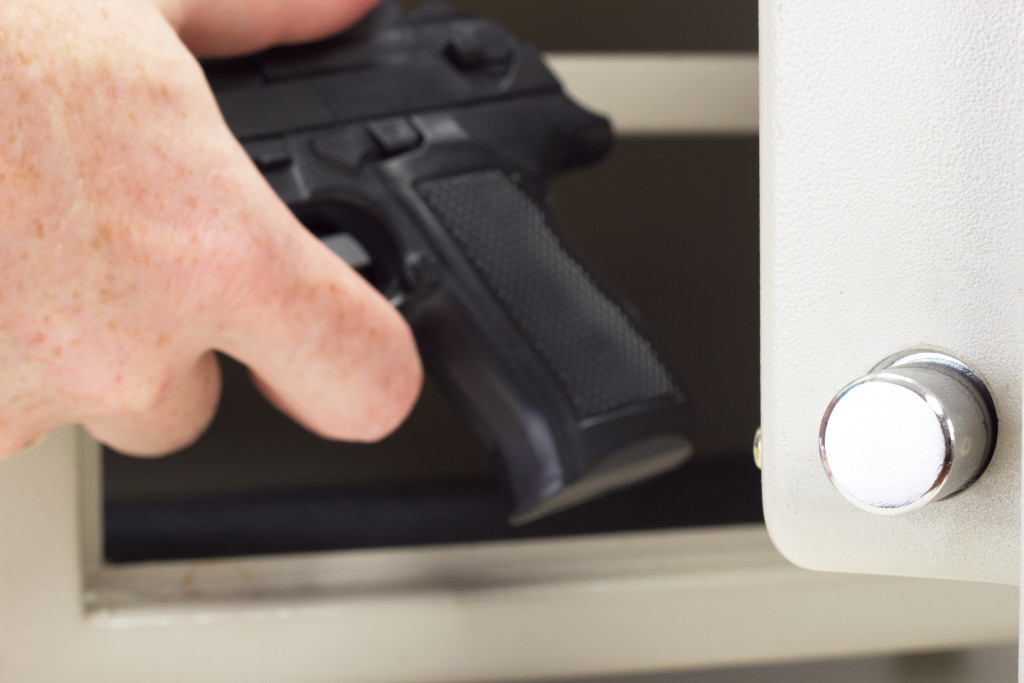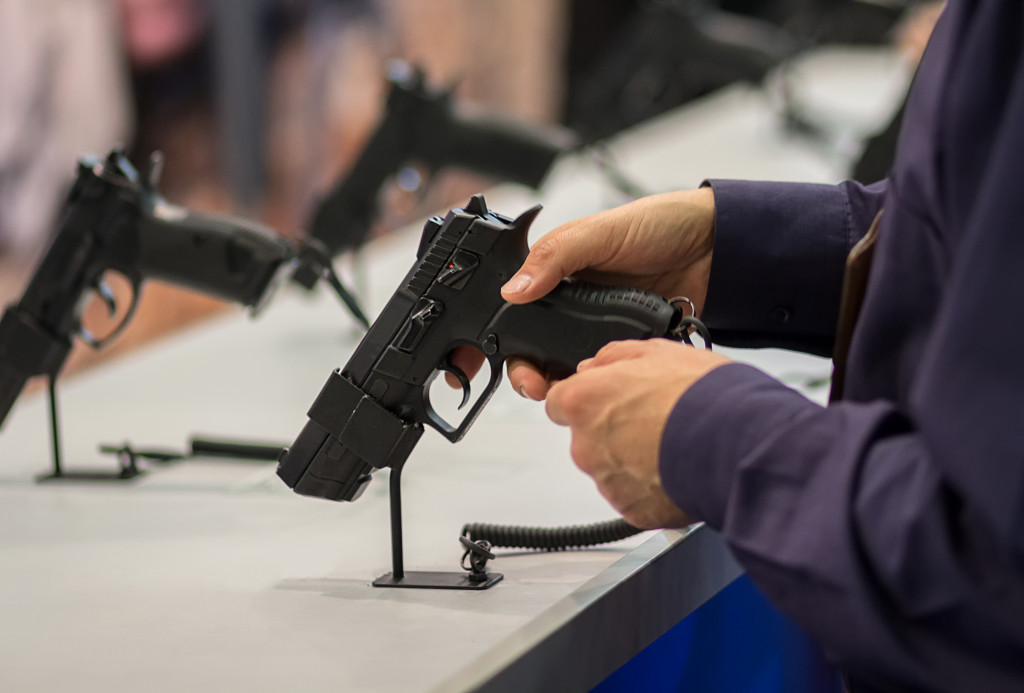- Obtain necessary licenses and permits to operate a gun store per state regulations.
- Utilize security equipment, staff training, and firearm protocols to prevent theft and illegal entry.
- Implement inventory management laws to track the sale and transfer of firearms.
- Invest in property insurance policies for added protection against legal costs.
- Please ensure customer satisfaction by providing knowledgeable staff and a positive experience.
Gun stores in the United States are highly profitable businesses, with significant potential for those willing to meet all legal requirements. According to a report from 2021, gun sales totaled approximately $20 million—a number that has been growing steadily since 2000. Gun retailers reported an average profit margin of 17%, making it one of the most lucrative industries for new business owners.
A successful gun store requires unique knowledge, experience, and legal awareness. With proper research and understanding of local regulations, entrepreneurs can create a sustainable venture that maximizes profits while complying with applicable laws. However, following the law is not as easy as it first appears. Here are a few tips to help you.
Licenses and Permits
The first and most important step for gun store proprietors is to obtain the necessary licenses and permits. Depending on the state, gun stores may need to register with the Bureau of Alcohol, Firearms, Tobacco, & Explosives (ATF), obtain a Federal Firearms License (FFL) and receive approval from their local government for a business license. FFLs can be obtained by submitting an application and paying a fee. They are valid for three years, after which renewal is required. It’s important to note that each state has regulations regarding owning firearms or running a gun store. Failure to understand and abide by all applicable laws could result in fines or jail time.
Furthermore, gun shop owners must adhere to specific laws regarding the sale of firearms. For example, they are not allowed to sell weapons to anyone under 21 unless they are part of the military or law enforcement. In addition, proprietors must keep accurate records of all firearms transactions and transfers. Failure to do so could result in prosecution for felony charges. To ensure compliance with federal law and each state’s specific requirements, gun store owners must familiarize themselves with all relevant regulations before opening their business doors.
Protection Requirements

In addition to licenses and permits, gun stores must also adhere to specific security protocols. The regulation ensures that firearms cannot be stolen or misused. As a gun retailer, you should invest in the following aspects:
Security Equipment
The latest in security technology should be implemented in a gun shop. This includes burglar alarms, surveillance cameras, and access control systems such as keycards or biometrics. The goal is to prevent theft and illegal entry.
Staff Training
It’s also essential to ensure that all staff members are trained in proper firearm handling, security protocols, and applicable laws. All employees should be familiar with the store’s policies regarding sales and transfers of firearms and safety procedures for customers who enter the store. They must remain vigilant at all times to prevent any potential problems.
Firearm Sales Protocols
Lastly, gun stores must follow specific protocols when selling firearms. These include conducting background checks on buyers, verifying individuals purchasing firearms’ identities, and ensuring all legal documents are completed. These steps help ensure that weapons do not get into the wrong hands.
Insurance Policies
Unfortunately, there might be some risks that are out of your control. You must have gun store property insurance policies to protect yourself and your business. These policies will help cover any legal costs incurred due to a breach of security or negligence on behalf of the store.
Inventory Management Laws

Gun store owners must also be aware of inventory management laws. These laws require retailers to track the sale and transfer of firearms and keep detailed records of all transactions. This information is used by law enforcement to identify stolen weapons and trace gun crimes back to the source. Gun stores that fail to comply with these regulations can face severe penalties, including hefty fines and jail time.
One way to improve inventory management is to use a point-of-sale system. These systems allow retailers to record sales and track their firearms from purchase until they leave the store. This ensures that all transactions are properly recorded, helping to protect both the business owner and customers.
Final Thoughts
Opening a gun store can benefit entrepreneurs who understand the complexities of following all applicable laws. You can create a successful business while keeping your community safe with proper licensing, permits, security protocols, insurance policies, and inventory management practices. Additionally, investing in staff training will help ensure customers have a positive experience and confidence in your expertise. This combination will lead to repeat patronage and higher profits. Running a successful gun store requires dedication, hard work, and law knowledge. With these guidelines in mind, entrepreneurs can open a gun store that will stand the test of time.





